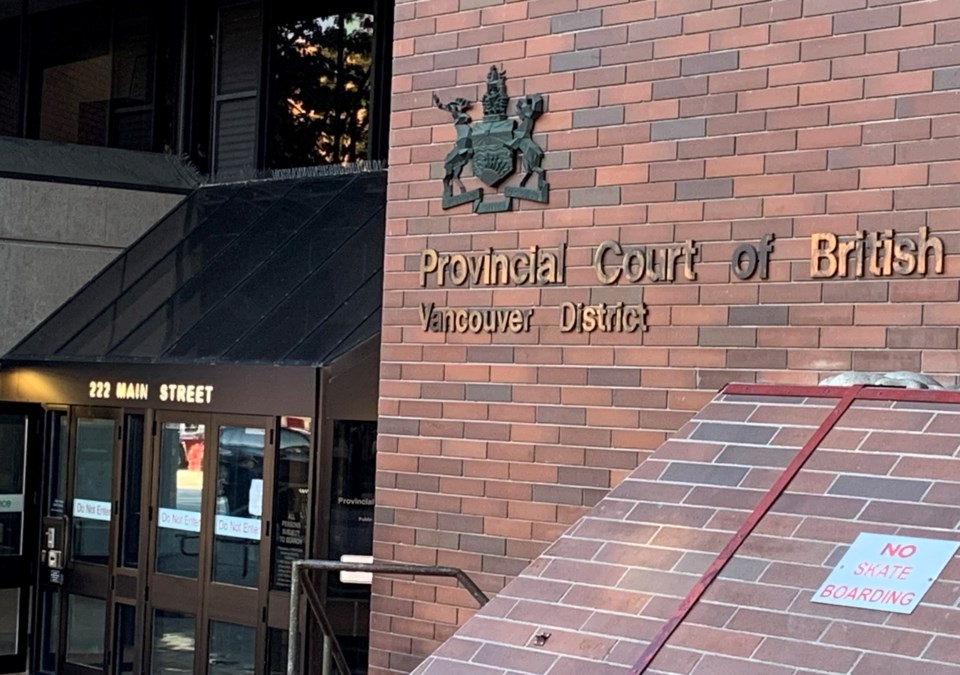Most law students and new lawyers say they are not properly prepared to venture into the legal system, according to a Law Society of BC survey that also focused on discrimination and equity.
Almost 60 per cent of respondents who completed articling in the last five years felt less than fully prepared for entry-level practice and of those who responded, 30 per cent encountered discrimination and/or harassment during recruitment and/or articling, the survey stated.
Albeit 40 per cent of the respondents said they felt “somewhat prepared” whereas only 15 per cent said “not very prepared” and four per cent said “not at all prepared."
Articling is the training process to become a lawyer under a veteran lawyer’s supervision.
Dispute resolution and practice management were the chief concerns where about half of respondents felt training was inadequate.
As far as compensation went, there were no “significant” gaps in pay between respondents self-identifying as “racialized, 2SLGBTQIA+, and Indigenous.” Those respondents had an overall average annual salary of $52,464, compared to the “not equity deserving group” earning $53,850 — a three per cent difference.
The gap was more so between female and male respondents with the former out-earning the latter $54,747 to $51,362, or six per cent more.
Hence, the “racialized, 2SLGBTQIA+, and Indigenous” respondents reported greater compensation than men.
In May 2024, the law societies of British Columbia, Alberta, Saskatchewan, Manitoba, and Nova Scotia surveyed articling students/new lawyers and principals.
The society in sa国际传媒 heard from 380 new lawyers, 88 current articling students and 46 who had completed articling but are not currently practicing, along with 180 principals, 91 mentors, and 27 recruiters.
A 16.9 per cent response rate was achieved for articling students/new lawyers and the response rate for principals was 8.3 per cent. Sixty-two per cent of respondents were female and 74 per cent were trained in sa国际传媒.


